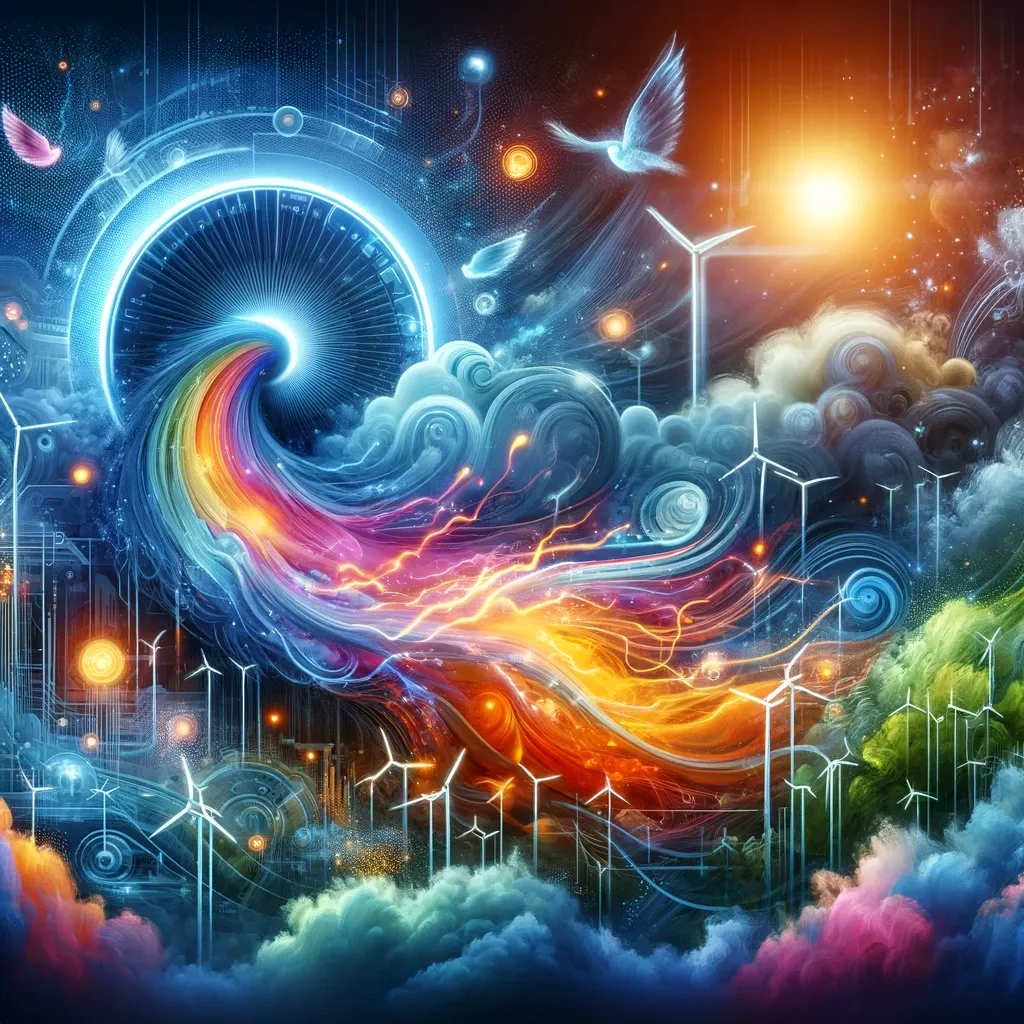Electricity from Thin Air: A Glimpse into the Future of Energy
Title: "Electricity from Thin Air: A Glimpse into the Future of Energy" In the realm of scientific innovation, a paradigm shift is on the horizon, one that could redefine our relationship with energy. Imagine a world where the walls of your home, the legs of your table, and

Title: "Electricity from Thin Air: A Glimpse into the Future of Energy"
In the realm of scientific innovation, a paradigm shift is on the horizon, one that could redefine our relationship with energy. Imagine a world where the walls of your home, the legs of your table, and even the paint on your walls become sources of electricity. This isn't science fiction, but a near-future reality where energy is harvested from an abundant, omnipresent resource: air.
As we stand on the cusp of this revolutionary change, the philosophy behind this invention is profound. It taps into the very essence of the environment, transforming the atmospheric humidity that surrounds us into a sustainable, clean, and potentially limitless energy source. This concept goes beyond traditional methods of power generation, which have long relied on finite resources or the whims of nature like sunlight and wind.
The implications of such an invention are staggering. In this future, the monopolies of traditional electricity producers face an existential challenge. No longer will homes and cities be bound to the complex infrastructures that currently dictate our energy consumption. The simple act of existing in a space could be enough to power it.
This imminent technological advancement promises a future where energy is not only renewable but also integrated seamlessly into our everyday lives. The very buildings we live and work in could become self-sustaining entities, drawing power from the air itself.
However, this future isn't without challenges. The transition to such a revolutionary energy source requires reimagining infrastructure and confronting the economic and political interests rooted in traditional energy production. But the path is clear: a future powered by the air we breathe is not just possible, it's on the horizon.
As science marches forward, we edge closer to a world where energy is as free and accessible as the air around us, heralding a new era in human ingenuity and environmental stewardship.




